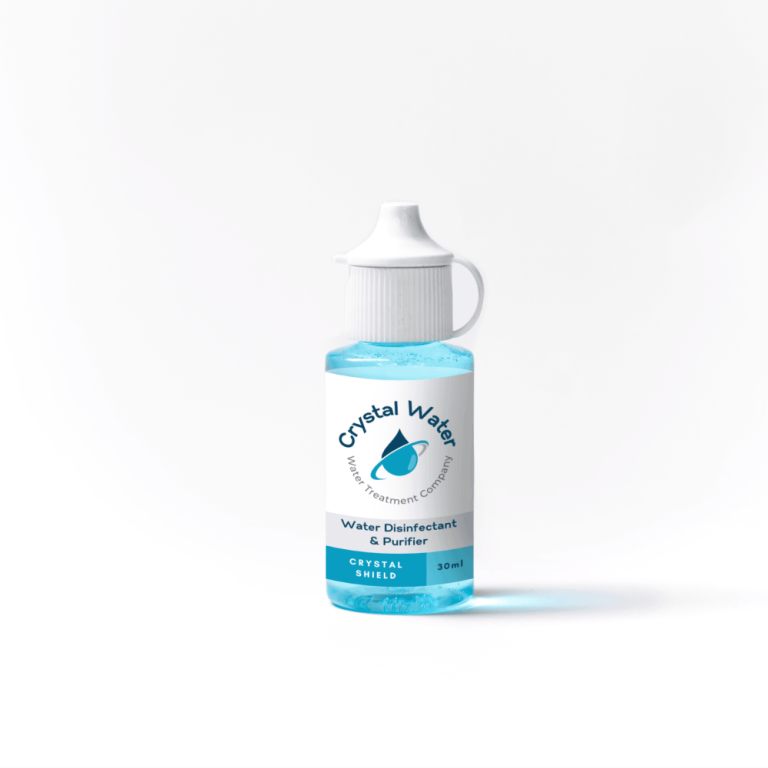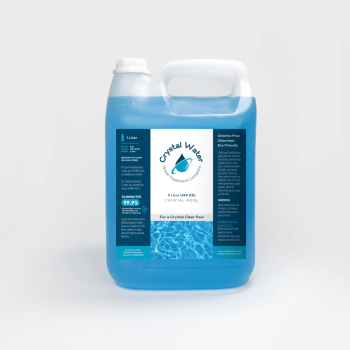Bacteria Treatment: How to Get Rid of Bacterial Infections
Bacterial infections are a common problem that can cause a variety of unpleasant symptoms and can be difficult to treat. Whether you’re dealing with a stubborn infection that won’t go away or you’re just trying to prevent one from occurring, understanding the basics of bacteria treatment can help. Read on to learn more about the various options for treating bacterial infections.
What Are Bacterial Infections?
A bacterial infection is caused by the presence of harmful bacteria in the body. Bacteria are microscopic organisms that can be found in many places, including the skin, mouth, and intestines. While many bacteria are harmless, some types can cause infections.
Common bacterial infections include strep throat, urinary tract infections, and skin infections. These infections can cause a variety of symptoms, including fever, fatigue, and pain. In some cases, bacterial infections can even be life-threatening.
Antibiotics for Bacterial Infections
Antibiotics are the most common form of treatment for bacterial infections. Antibiotics are medications that work by killing the harmful bacteria in the body. Antibiotics come in a variety of forms, including pills, liquids, and creams.
It’s important to note that antibiotics won’t work against viral infections, such as the common cold or flu. If you’re experiencing symptoms of a bacterial infection, talk to your doctor. They’ll be able to determine if antibiotics are the right treatment for you.
Antibiotics can be very effective at treating bacterial infections, but they can also cause side effects such as upset stomach, diarrhea, and rashes. In some cases, antibiotics can even lead to antibiotic resistance, which is when bacteria become resistant to the effects of an antibiotic.
Natural Remedies for Bacterial Infections
If you’re looking for a more natural approach to treating bacterial infections, there are a few options available. Many natural remedies, such as herbs and supplements, can help to reduce the symptoms of bacterial infections.
Garlic is a popular natural remedy for bacterial infections. Garlic contains compounds that can help to fight off infection-causing bacteria. You can take garlic in supplement form or add it to your food.
Honey is another natural remedy for bacterial infections. Honey has antibacterial properties that can help to fight off the bacteria that cause infections. You can add honey to your food or use it topically on the affected area.
Probiotics are also a good option for treating bacterial infections. Probiotics are beneficial bacteria that can help to restore balance in the gut, which can help to reduce symptoms of bacterial infections. You can take probiotics in supplement form or eat probiotic-rich foods such as yogurt.
Preventing Bacterial Infections
The best way to treat bacterial infections is to prevent them in the first place. Keeping your immune system strong is key to preventing bacterial infections. Eating a balanced diet, getting enough sleep, and reducing stress can all help to boost your immune system.
It’s also important to practice good hygiene to prevent bacterial infections. Wash your hands regularly, avoid touching your face, and clean any cuts or scrapes immediately.
It’s also a good idea to avoid contact with people who have a bacterial infection. If you’re around someone who is sick, make sure to keep your distance and wash your hands frequently.
Conclusion
Bacterial infections can be uncomfortable and difficult to treat. Understanding the basics of bacteria treatment can help you get rid of the infection quickly and effectively. Antibiotics are the most common form of treatment for bacterial infections, but natural remedies and prevention can also be useful. If you’re experiencing symptoms of a bacterial infection, talk to your doctor to determine the best course of treatment.



